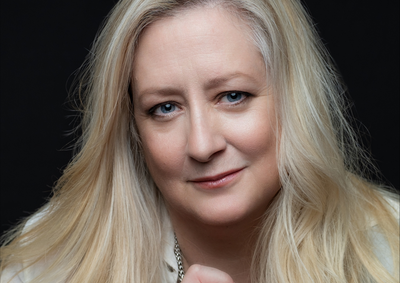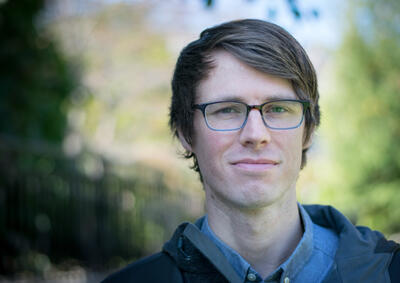love fail by David Lang (review)
By Joan Tasker Grimbert
Arthuriana
Volume 23, Number 2, Summer 2013
pp. 74-75 | 10.1353/art.2013.0016
The following review is based on the November 28, 2012 performance in Washington, D.C. sponsored by the Kennedy Center Fortas Chamber Music Concerts.
This composition, inspired by the story of Tristan and Iseult, who are never actually named, is a collaboration between the Pulitzer Prize winning music composer David Lang and the female vocal group Anonymous 4 (Ruth Cunningham, Marsha Genensky, Susan Hellauer, and Jacqueline Horner-Kwiatek), celebrated for their a cappella renditions of medieval music. When the group asked Lang to compose a piece to mark their twenty-fifth anniversary, he designed a project for them that would be “a collision between modern things and the old world where they normally live” (National Public Radio, Morning Edition [Dec. 7, 2012]).
One way of understanding Lang’s project is to compare it with the one conceived of by Joel Cohen for his Boston Camarata in 1987 ( Tristan & Iseult), which retells the legend using excerpts from the various medieval versions set to music, along with courtly lyrics from the works of Jean Bodel, the Contessa de Dia, Guiraut de Borneilh, and Conan de Béthune. Although Cohen uses only medieval sources, Wagner’s influence is felt in the fact that the story begins with the consumption of the potion and underscores how the love passion so ignited holds the lovers in its thrall until their death.
Lang, in contrast, although he includes Isolde’s final aria from Wagner’s opera, seeks to downplay the dramatic, ‘mythical’ element of the legend and begins his retelling by juxtaposing the birth of the passion with its dissipation just three years later when the effects of the potion wane.





